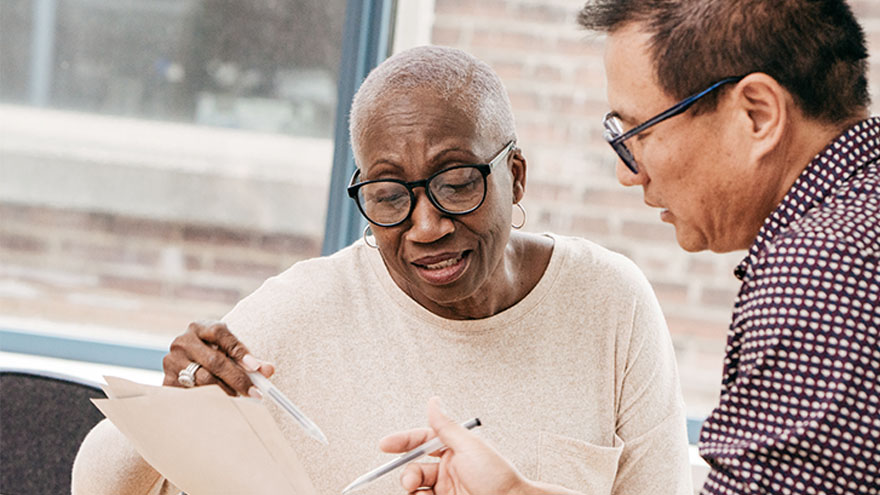Search
Results for 'insurance'
Clear-
HPV Vaccine: Prevention Is the Best Medicine
With more than 3 million cases in the United States each year, human papillomavirus (HPV) is a common sexually transmitted disease and can lead to the risk of several cancer diagnoses. Fortunately, a vaccine can prevent more than 90% of HPV cancers when given at the recommended ages. We talked to Renown Pediatrician Vanessa Slots, M.D., to learn more about HPV and the importance of getting your child fully vaccinated. What is HPV? Talking about sexually transmitted infections can be uncomfortable, but learning how HPV is spread is important for prevention. HPVs are spread via skin-to-skin contact. According to the National Cancer Institute, there are low/medium-risk HPVs that can cause warts and cervical dysplasia (abnormal cells on the cervix), and there are high-risk HPVs that can cause various cancers. HPV is perhaps most known for causing cervical cancer. Other cancers related to HPV are anal, vaginal, vulvar, penile and oropharyngeal cancers. In fact, men are four times more likely than women to suffer from HPV-associated oropharyngeal (mouth and throat) cancer. HPV is so common that nearly all sexually active people will be exposed at some point in their lifetime, with around half of infections being a high-risk virus. Benefits of the HPV vaccine Immunizations are safe and effective and have successfully reduced the transmission of many deadly diseases. The CDC (Centers for Disease Control and Prevention) states the HPV vaccine protects against infections that can lead to HPV related cancers and abnormal cells that can lead to cancer (precancers), as well as genital warts. The recommended HPV vaccine schedule The American Cancer Society states that the HPV vaccine is most effective when two doses are given to girls and boys between the ages of 9 to 12. There should be at least 6 months between the first and second dose. “You might be asking why your child needs to get the HPV vaccine at this young age when they are not sexually active,” says Dr. Slots. “Research shows that people have a better immune response to the vaccine when younger than in their late teens and early 20s.” For teens and young adults ages 13 through 26 who have not been vaccinated, getting the HPV vaccine is still highly effective in preventing cancers and genital warts. CDC recommended HPV vaccination suggestions: 2-dose schedule for people who get their first dose before their 15th birthday. 3-dose schedule for people who get their first dose on or after their 15th birthday. “By following the recommended HPV vaccine schedule and getting your child the correct number of doses, this will ensure they have adequate protection against HPV associated diseases including cancer,” says Dr. Slots.
Read More About HPV Vaccine: Prevention Is the Best Medicine
-
Navigating Renowns Cancer Care Resources Your Essential Guide
Cancer is challenging, but no one has to go through it alone. Patients and their loved ones can navigate the journey towards healing and recovery with the proper support and resources from Renown Health. When faced with a cancer diagnosis, access to reliable and comprehensive cancer resources is key. These resources provide vital information, support, and guidance for patients, caregivers and loved ones throughout cancer treatment and recovery. Cancer Resources Breast Cancer Newly Diagnosed Orientation Class Cancer Support Groups Caregiver Support General Cancer Support Group Lymphedema & Physical Therapy Men’s Prostate Cancer Support Group Newly Diagnosed Breast Cancer Workshop Smoking Cessation Spiritual Center Activities & Programs Sterling Silver 55+ Club Facebook Group At Renown and in collaboration with community partnerships, we offer a variety of resources and specialty care programs focused on improving the quality of life after cancer including: Cancer support groups play a crucial role in providing emotional, psychological, and practical assistance to those affected by cancer These groups often consist of individuals who have been through similar experiences and can offer guidance, empathy, and understanding. They provide a safe space for individuals to share their feelings, concerns, and experiences with others who truly understand what they are going through.
Read More About Navigating Renowns Cancer Care Resources Your Essential Guide

